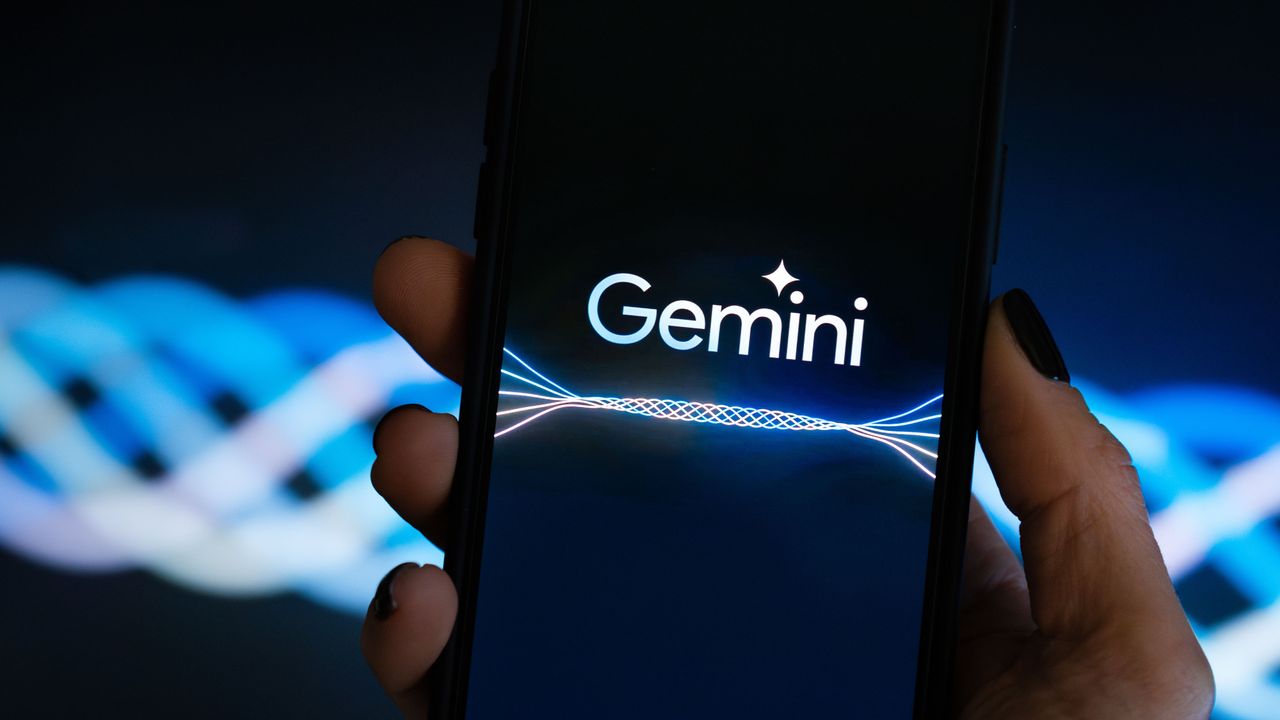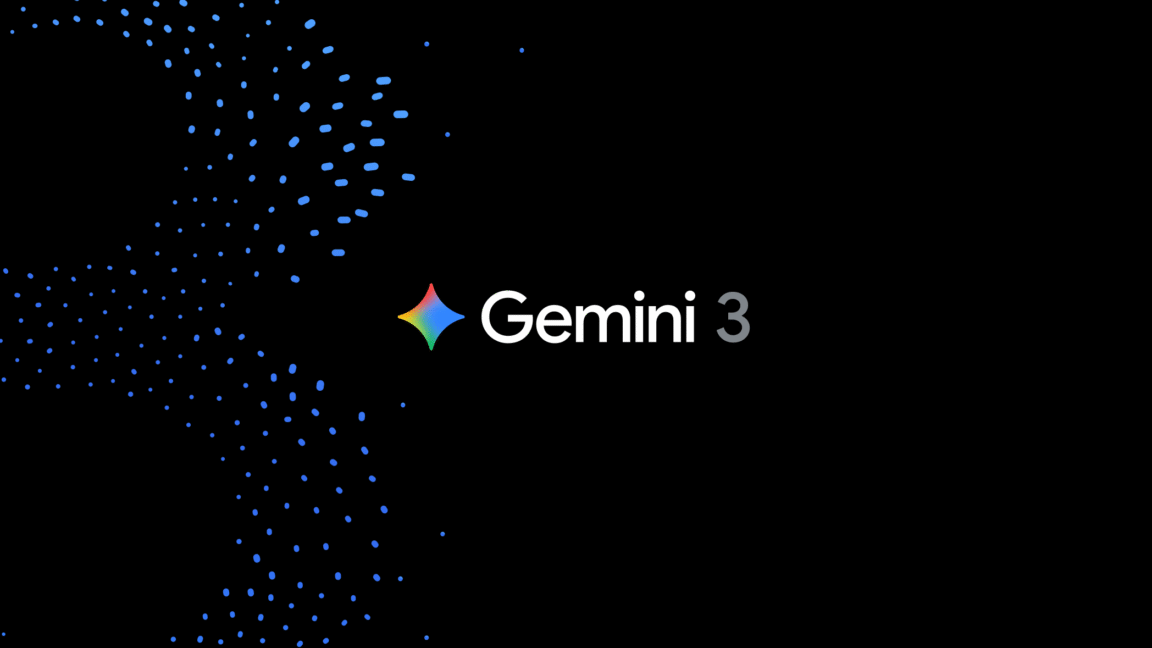
Google Unveils Gemini 3 AI Model and Antigravity Coding Interface
Google released Gemini 3, its newest large language model, making it instantly available through the Gemini app and AI search. The launch follows recent releases from competitors and introduces a research‑focused variant called Gemini 3 Deepthink for Ultra subscribers. Gemini 3 achieved record scores on the Humanity’s Last Exam and LMArena benchmarks, highlighting a notable jump in reasoning ability. Alongside the model, Google introduced Antigravity, a Gemini‑powered coding environment that blends chat, terminal, and browser windows to assist developers. The rollout aims to expand the model’s reach among millions of users and developers worldwide.










